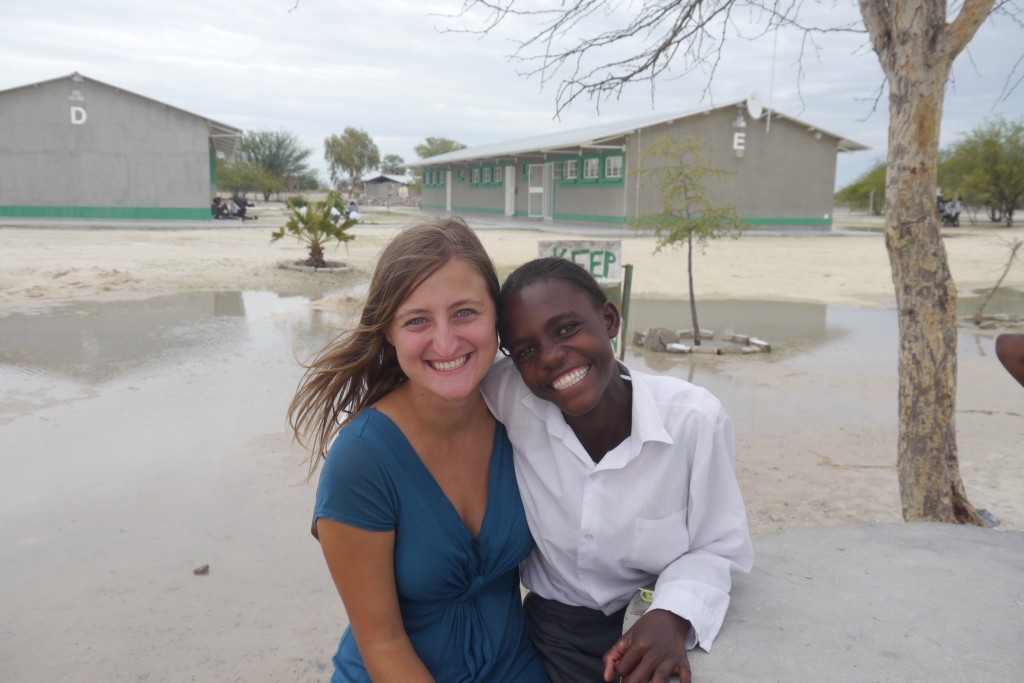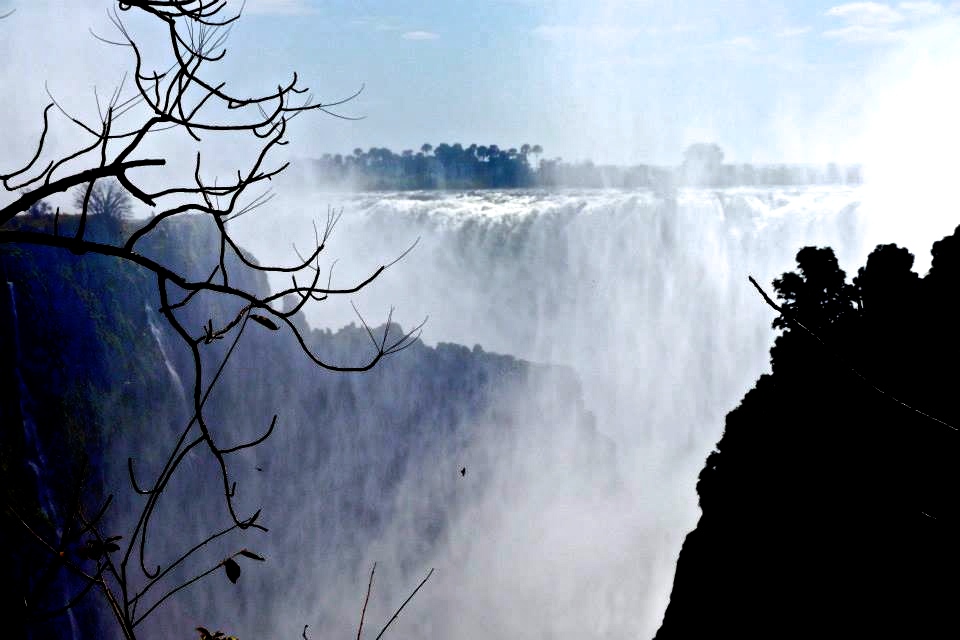Why We Are Here
We came to Namibia for adventure. We wanted to challenge ourselves, to stretch ourselves, to step out of our comfort zones. We came for the personal journey of self-discovery and we came in hope that this year abroad would help us uncover a bit more about ourselves and the path we would like to follow in life.
Ultimately though, we came to Namibia to make an impact.
Though my fellow volunteers and I have different backgrounds, we were drawn together by a similar purpose–the purpose of making a difference, however large or small, on our communities. We came here to offer the skills and knowledge that we garnered over the course of our college careers and share what we learned with the people of this fledgling country.
In the words of Pico Iyer, we traveled here to “bring what little we [could], in our ignorance and knowledge, to those parts of the globe whose riches are differently dispersed.” We came to leave our world of “with” and begin learning how to cope “without.”
I suppose that is ultimately why we all came. We wanted to navigate the world of haves and have-nots, of withs and withouths and do our best in bringing these realities together.
Now that my second term of teaching at Olukolo is coming to a close and I have begun sifting through the Everest-sized pile of exams on my desk, I have thought quite a bit about what this experience has meant to me. I have thought about what I want to give to this place and what I want to gain from it.
It is easy to set off on a yearlong journey with grand notions and plans. Yet, it is perhaps even easier for this idealism to fade after months of living in this new environment.
As romantic as it seems, the truth is that living in the remote African bush comes with sacrifice. We have sacrificed warm water, sofas, television, entertainment, a wide selection of foods and the daily comforts of home.
It also comes with frustration.
When working in the developing world, it is easy to get discouraged. You often realize that your grand aspirations to make an impact have been created by dreams and the illusion that you can single-handedly change the world. In the end, you realize that all you can do is hope to make an impression on those whose lives you touch.
When projects fall through, when students fail or when little progress has been made, it is easy to convince yourself that you have spent a year of your life doing nothing worthwhile.
As I was marking papers, I could not help but feel frustration that all the hours of lesson planning, tutoring students after school and engaging them in English conversations were pointless. Over the course of two terms, their writing has hardly improved and they are still far from gaining fluency in English. I began to face the unsettling reality that some learners would fail their exams and that, next year, they would have to repeat grade eight all over again.
I felt completely disheartened and I prepared myself for the worst, expecting that the lessons I had done with my students had fluttered into one ear and out the other.
Yet, while the exam results were initially disappointing, I realized that, though some of the progress was incremental, over 80% of my students improved since April. And while I did not have the revolutionizing impact that I naively expected deep down, I certainly did something.
So in the end, while I may have done little to close the gap of haves and have-nots in the grand scheme of things, I at least did my best in assisting students to achieve their educational goals and did what I could to bring some of them one step closer to grade nine.
This knowledge, in the end, makes the sacrifices all worthwhile.
And while my fellow volunteers and I sacrificed a lot to come here, I think we ended up gaining far more in return.
In the past seven months, I have learned to live with the bare necessities, to wash clothes by hand, cook food with limited ingredients and navigate the sand sea of Onantsi village. I have learned to trust strangers, manage a class of rambunctious middle-schoolers and to hold entire conversations using nothing but facial expressions and smiles.
For those who delve into the experience with a receptive and open mind, travel presents a new way of seeing things. It opens our eyes to the world and allows us to take it in, to form our own judgments, opinions and observations.
You realize, by traveling, that the world is quite different from how it is often portrayed. You realize that everywhere in the world, be it in Asia, North America or the Middle East, people are often fighting battles–both external and internal. You realize that sometimes these manifest themselves in violence and perpetuate global suffering but that, in the end, most people just want to live their lives in peace.
And by voyaging around the world and experiencing a new place, by interacting with its people, you finally have the realization that the world is not as scary as it appears.
That the wars, the lying, the stealing are just manifestations of injustices and deeper underlying societal problems, but that people, be they Africans, Arabs or Europeans are all, for the most part, good at heart. All they want is just a fair chance at life. Everyone just wants to get by.
And if travel allows us to see the world with new eyes, living abroad will certainly allow us to experience it with new conscience.
We came to Namibia to make an impact. In the end, it is Namibia that will make a lasting impact on us.


